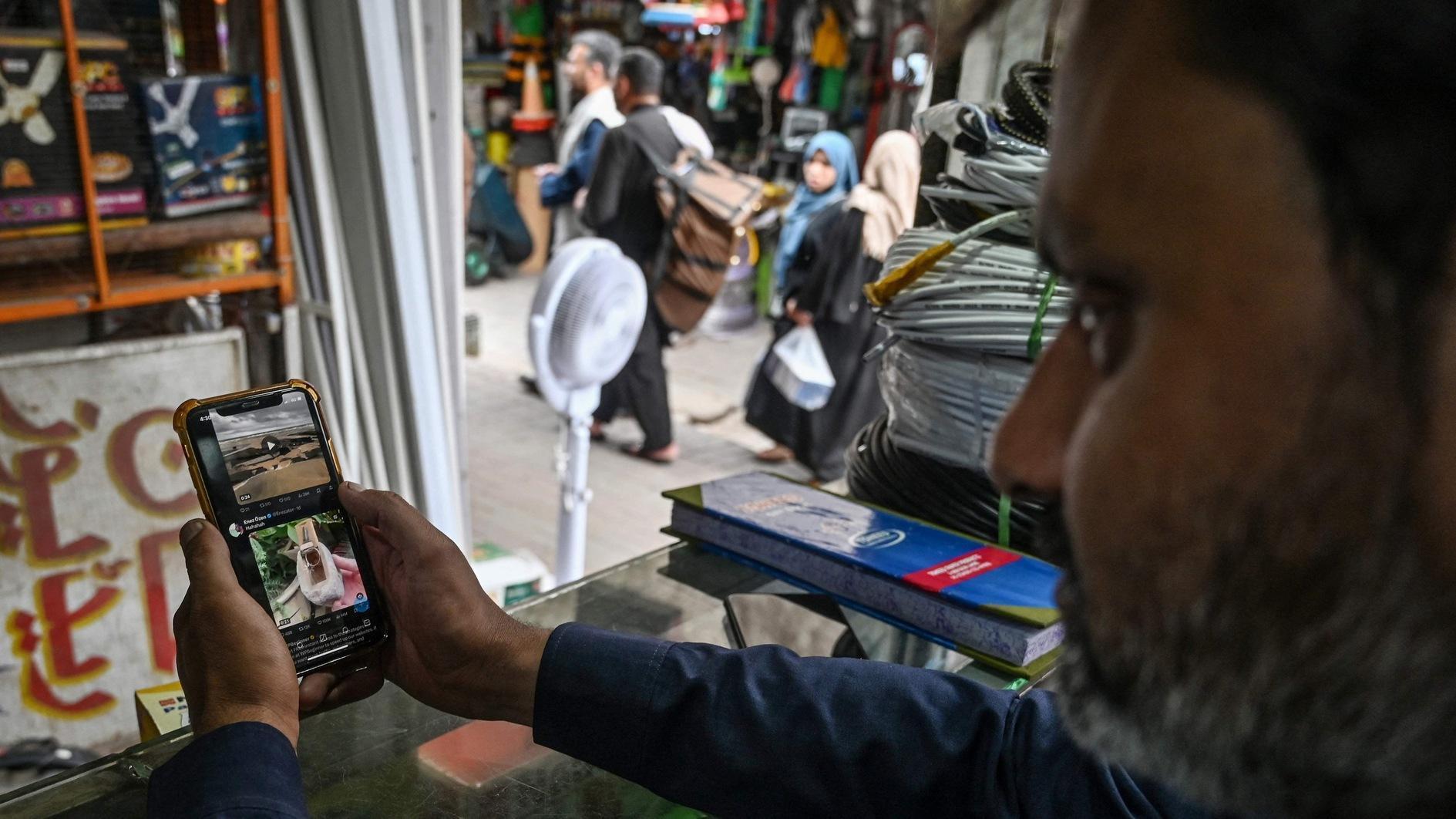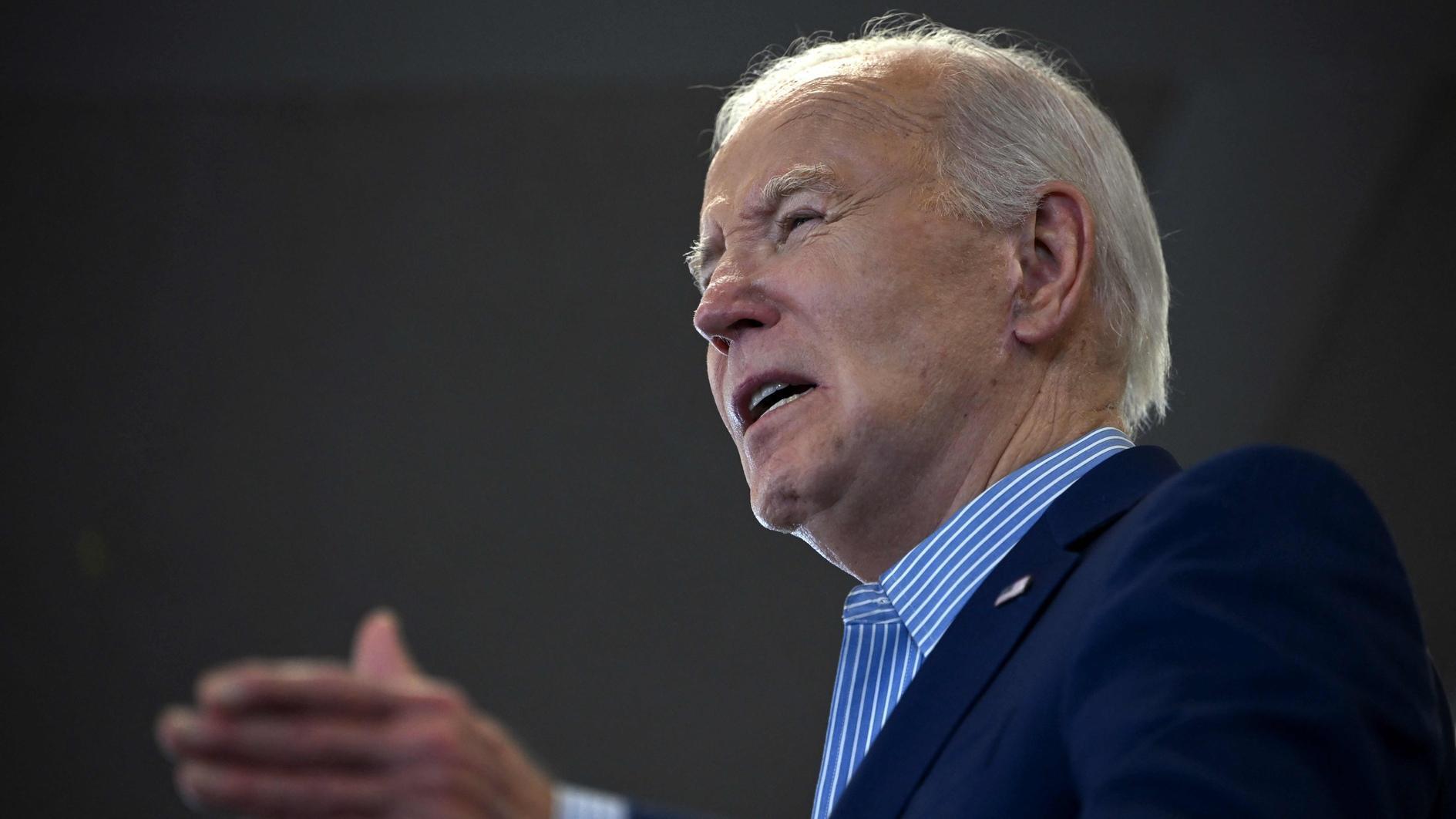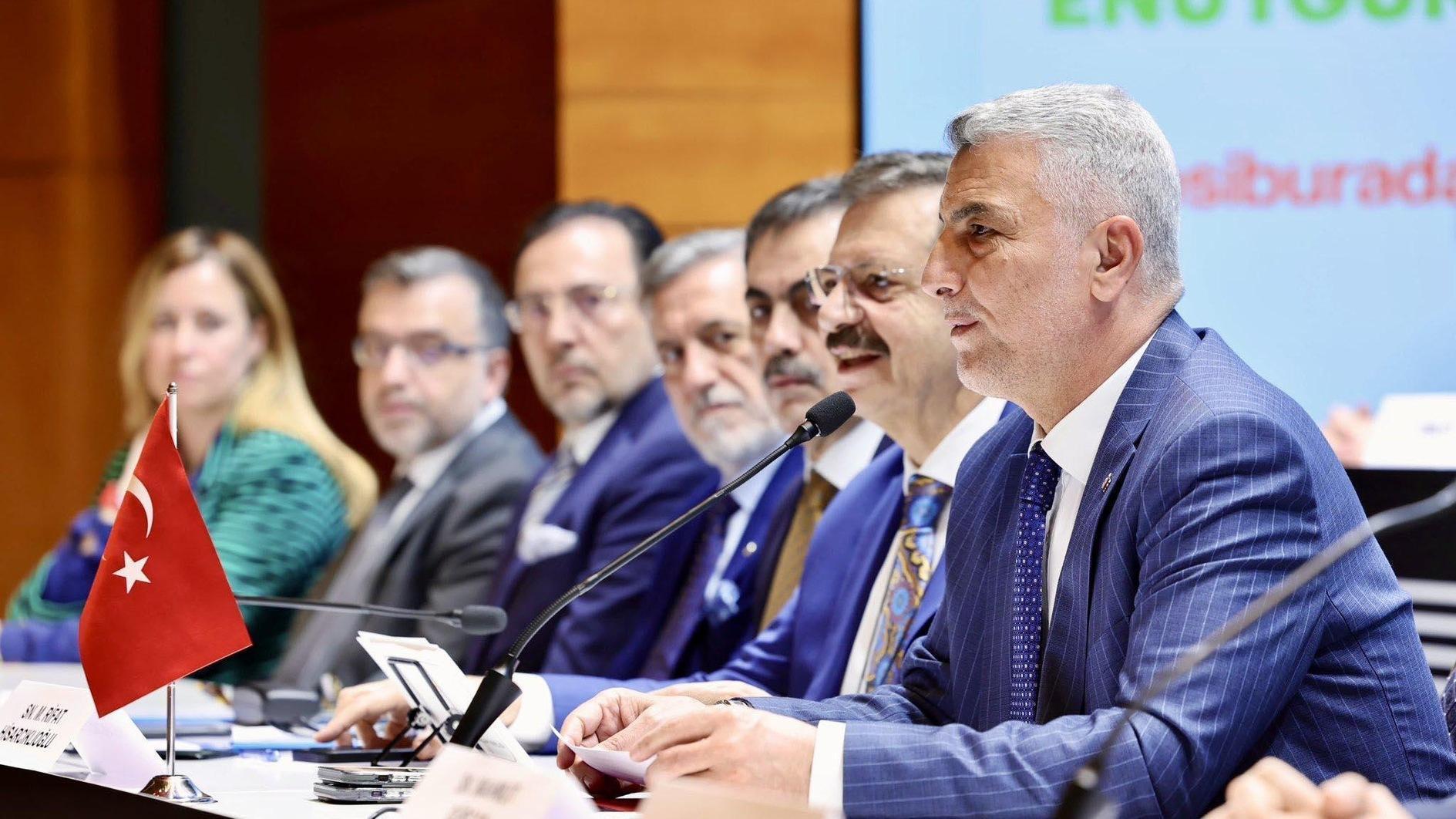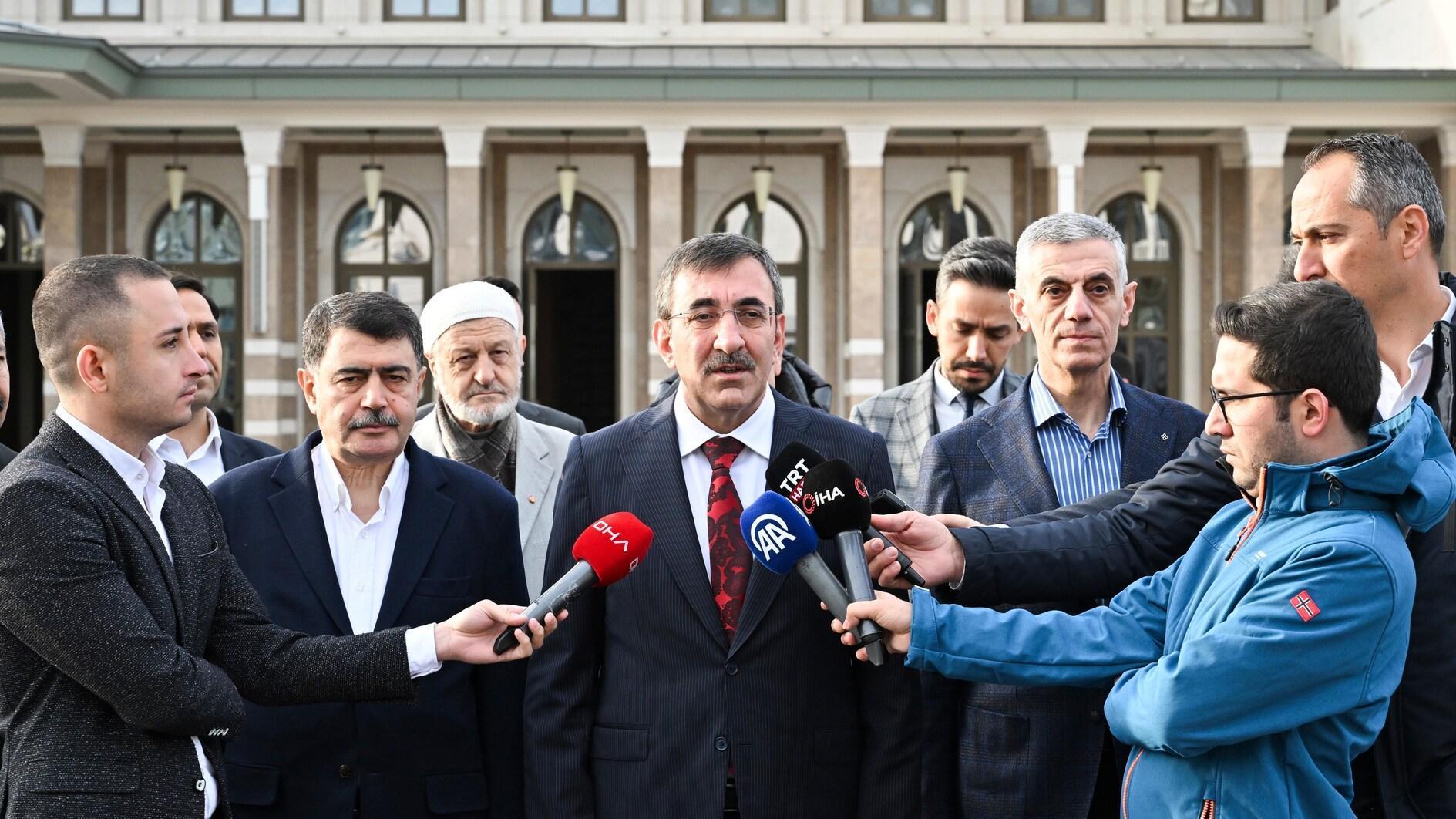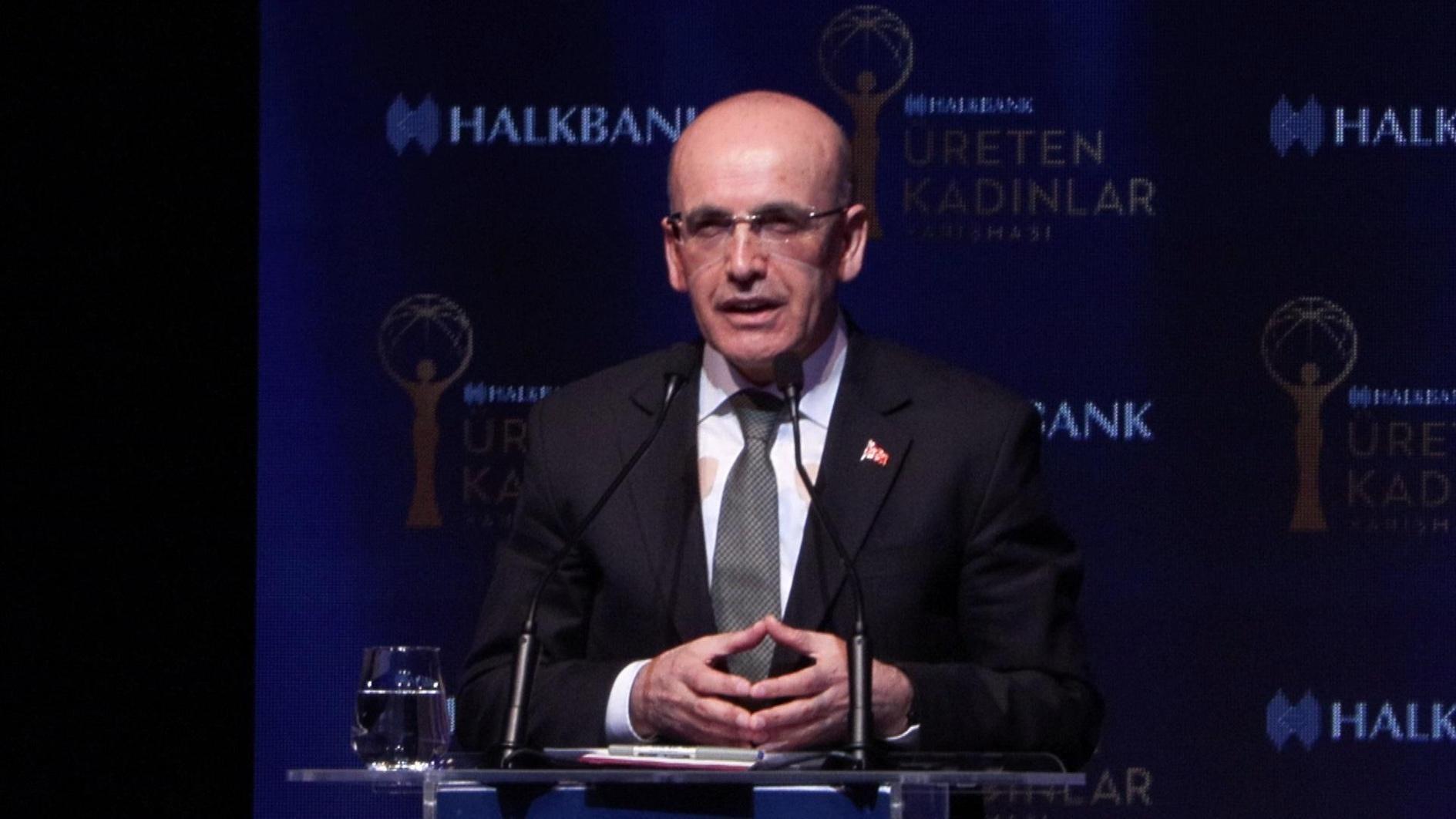The importance of the deal with Iran
It was unexpected, and yet inevitable. Last week, two giant steps were taken by the U.N. and the U.S.; the U.N. Security Council unanimously passed a resolution on Syrian chemical weapons that was supported in advance by Syria and Iran. Then, the U.S. and Iran started high level talks to resolve their problems. On the one hand, it was unexpected, since there has always been a chance to resolve Syrian crises and indeed Iranian crises, through diplomatic effort, but no parties in the conflict were convinced that it was the best chance, until very recently. On the other hand it was an inevitable move, as the Syrian crisis has only got worse since it started two and half years ago and Iranian crisis has not been solved more than 30 years after the Islamic Revolution and a new approach was finally needed. I could not be happier that it eventually happened, as I always thought that unless the confrontation between Iran and the West could be solved by peaceful means there would not be any chance to end bitter regional conflicts. Still, it is only the beginning of a long way to go.
At the very beginning of a long path, we need to understand why everything has suddenly turned upside down - whether or not in a positive way - so that Syria and Iran stopped being defined as “forces of evil” and turned into political actors. First of all, it was the unsustainability of the present situation in Syria that forced all parties of the conflict to seek a way out. In the beginning, the Western powers failed to recognize the complexity of the Syrian situation, and that Syria was not only an important ally of Iran but also an indispensable partner. They also failed to recognize that it was a sort of “Ukraine of the Middle East” for Russia and that it would not compromise its stance. Nevertheless, all of these reasons alone could not push the U.S. and Western powers in general to search for a compromise, unless a Western alliance with the “moderate” Islamic forces and governments in the region failed dramatically.
It is not only that the West invested too much hope in moderate Islamic forces as the new forces of democratization in Muslim world, but that these forces could not deliver good governance in any sense, neither in Egypt nor even in Tunisia. There is no doubt that this played a role, but the major disappointment was the discovery of the fact that moderates might not be as “moderate” as assumed. In fact, the disenchantment started with the violent protests condemning a movie (insulting the Prophet Muhammad), produced by an obscure American producer. The events culminated in the attack on the U.S. Embassy compound in Benghazi and the killing of the U.S. ambassador in Libya, on Sept. 11, 2012, which created a shock and had an instant impact on U.S. politics. It was the presidential election period in the U.S. and it put at risk Obama’s prospects for a second term. Under those circumstances, Obama needed to revise his relations with “moderates,” as even if it was radicals in Libya who killed the U.S. ambassador, so-called moderate forces were in power in all those countries where protesters turned violent and targeted the U.S. Moreover, it was the Egyptian government that could not take a firm stance against the violent protests, so much so that Obama came to state that he could “not define Egypt as an ally, but also not as an enemy.”
The case of Turkey, as a failed model for democracy in Muslim countries, has also had its impact on the disenchantment with moderate Islamists. It was not only that the Turkey model failed to achieve genuine democracy, but also that Turkey’s policy in Syria turned out to be at odds with its Western allies. First, rumors and then some evidence started to be circulated that Turkey was somehow supporting (indirectly, if not directly) the radical Islamist opposition. Besides, the moderates of Turkey turned out to be rather anti-Western and often accused the Western world of being “conspirators” in Muslim world.
In sum, the moderate “Sunni allies” started to seem no less risky to engage with than the “Shia enemies” of the West. At that point, Iran came to be a more reasonable partner than ever, after the moderate Hassan Rouhani came to office and started to send warm messages to West. Besides, Iran has a stable political governance structure to deal with, unlike shaky allies. The situation in Syria is similar, where the opposition turned not only to be much weaker than expected, but also proved to be untrustworthy in all respects, even dangerous. Finally, it has turned out to be worth trying to talk to a predictable enemy/enemies rather than committing too much to unpredictable allies. The deal with Iran is no a minor matter, and is going to be a major turning point in Middle Eastern politics.



